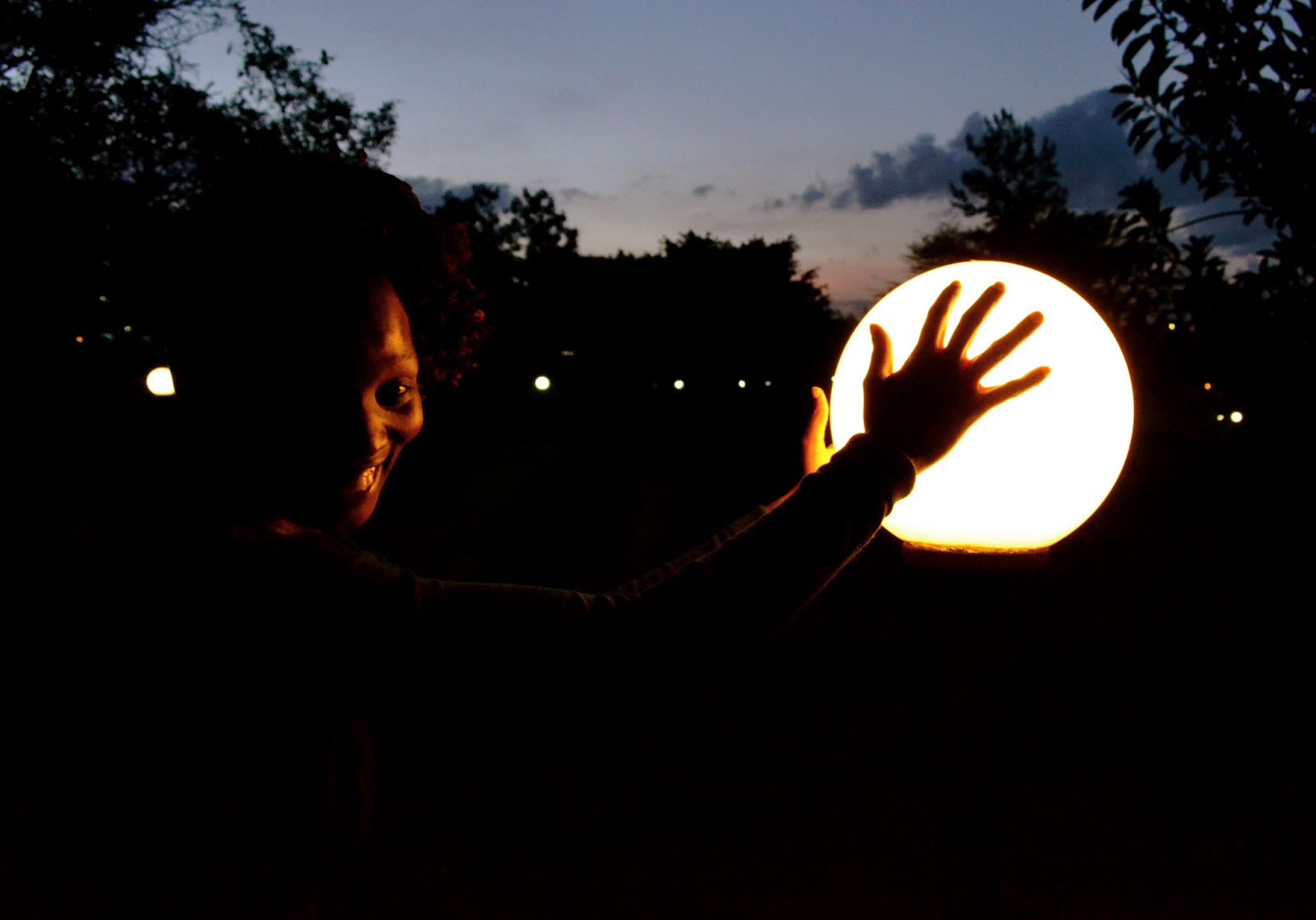Light is the basic ingredient of
photography; so I learn't in my fundamentals of photography class, and the term
photography simply means writing or painting with light. It therefore goes without
saying that in the absence of light, photography cannot exist. It is important for
a photographer to understand and at times be able to manipulate the amount (quantity)
and/or the type (quality) of light in order to capture great images. The size
or type of camera gear in use does not matter; whether one decides to use film
or go digital, light is key. Photographers work with mainly two light sources, natural
and/or artificial. One may be favored over the other but at times the situation
ordinarily will dictate the type of light source to be used. Example, nature
photographers will have the sun and other natural sources as their only light
sources, while for commercial photographers artificial lighting may well be preferred.
Events photographers on the other hand, normally make due with whatever sources
of light that is thrown their way, and more often than not it’s a cocktail of
light sources.
Whatever the case, one needs to
master the basics of lighting in order to capture it creatively. Direction of
light is one of the basics that guide me to know from which direction to shoot
my subject(s), color temperature of light is another and it helps me with my
composition plus it has to do with the time of day. Am certain we’ve all
experimented or at least are familiar with the dawn and dusk advice; that those
two times provide the best light for photography and that we should avoid
shooting at noon due to harsh and hard light emanating from direct sunlight. A photographer
also needs to know the degree of diffusion of light where indirect (diffused)
light is favored over direct light hence the common use of reflectors,
umbrellas, soft boxes and the fascination of shooting under sheds or cloudy
conditions. Learning these, plus other light factors will not only improve your
photography skills but it will also allow you room to think through your images
creatively resulting to even greater images.
 |
| Corazon's half-lit face and her "crystal ball" |
Camera - NIKON D3100
Focal Length - 18mm
Shutter Speed - 1/30 sec
Aperture - f/5.6
Shutter Speed - 1/30 sec
Aperture - f/5.6
ISO/Film - 3200
Category - Abstract
Uploaded - June 8th 2013
Taken - May 22nd 2013
Location - USIU Nairobi, Kenya
Category - Abstract
Uploaded - June 8th 2013
Taken - May 22nd 2013
Copyright - Stephen Mukhongi
No comments:
Post a Comment